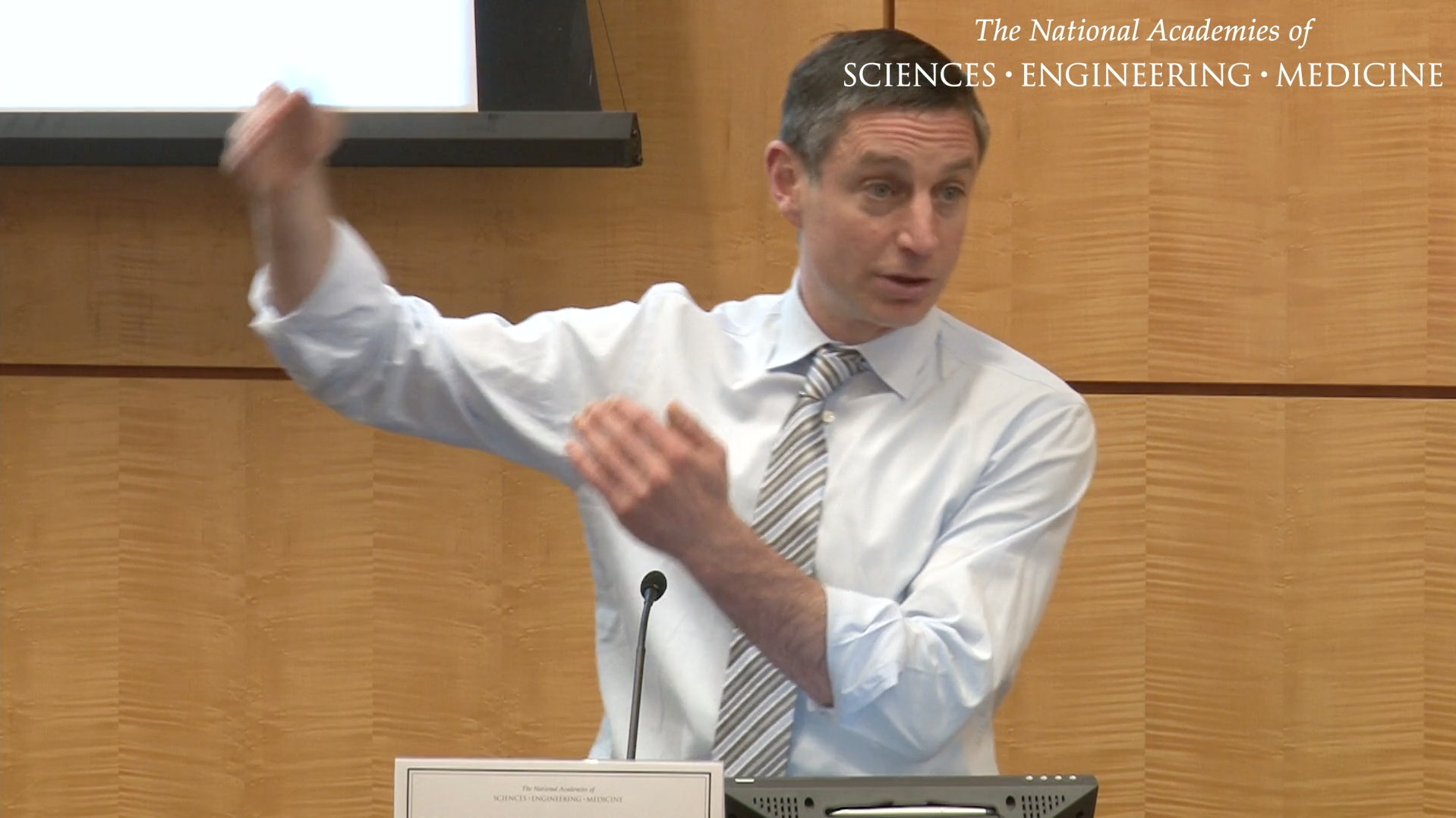A collaboration between the New York Times data viz team and the Climate Impact Lab was released today, allowing visitors to explore how much their local climate has changed since the year they were born and how it is projected to change in the future.
impact lab
WSJ economics column on mortality costs of climate change /
Greg Ip discussed our research into the global economic costs of excess mortality risk caused by climate change in his recent Wall Street Journal column.
The research covered in the article is output from the Climate Impact Lab, a collaboration between the GPL at Berkeley, EPIC at U Chicago, The Rutgers Earth System Science & Policy Lab, and the Rhodium Group.
NPR Marketplace feature on Social Cost of carbon research /
NPR Marketplace's Jed Kim reported on the Social Cost of Carbon research program at the Climate Impact Lab.
Climate Impact Lab Interactive Maps Launch + NYT Feature /
Two big things happened today. First, our team at the Climate Impact Lab launched an interactive data visualization page where many of our results will be featured as we produce them. You can zoom to the future and see probabilistic outcomes at unprecedented resolution (>24,000 individual regions!).
Second, the New York Times featured the the Impact Lab's work and built their own visualization to illustrate the changing frequency of extremely hot days expected in the future.
CBO cites two GPL publications in national hurricane report /
The Congressional Budget Office used calculations in Hsiang & Jina (2014) and The American Climate Prospectus to inform their recent report on Potential Increases in Hurricane Damage in the United States: Implications for the Federal Budget. See a summary of the report by Politico here.
Hurricane Katrina
Video: Empirical climate damages at the National Academy of Science /
Michael Greenstone recently presented new results from the Climate Impact Lab at the National Academy of Sciences. This work (and the talk) follow logically from Sol's talk to the same NAS group back in November. The work Michael presented represented a major team effort that included [amazing] contributions by Tamma Carleton, James Rising, and Megan Landin here at GPL.
Climate Impact Lab web launch /
We launched the Climate Impact Lab website. The Impact Lab is a collaboration with team members at University of Chicago, Rutgers, and Rhodium Group to construct an empirically founded basis for the global social cost of carbon.
This collaboration produced the American Climate Prospectus in 2014.
see more here
Book published on economic risk of climate change /
Amir Jina, James Rising, and Solomon Hsiang were coauthors on the book "Economic Risks of Climate Change: An American Prospectus" published by Columbia University Press. The analysis in the book was the research behind the Risky Business initiative lead by Michael Bloomberg, Hank Paulson and Tom Steyer. Commentary by Karen Fisher-Vanden, Michael Greenstone, Geoffrey Heal, Michael Oppenheimer, and Nicholas Stern and Bob Ward enrich the original analysis.
GPL Research shapes 2016 US Federal budget /
The American Climate Prospectus was cited in President Obama's proposed budget for 2016. One key feature of the budget highlighted by the White House was its strong focus on evaluating and managing climate change as a fiscal issue. There is an entire section of the budget on "Federal Budget Exposure to Climate Risk" which states:
The global climate is changing and is projected to continue to change over this century and beyond.1 Climate change impacts—such as rising sea level and more frequent and intense extreme weather events—will increasingly strain the Federal budget. The ability of policymakers to make smart investment decisions and to steward the Federal budget over the long term is increasingly dependent on understanding the Federal Government’s exposure to climate risks.






